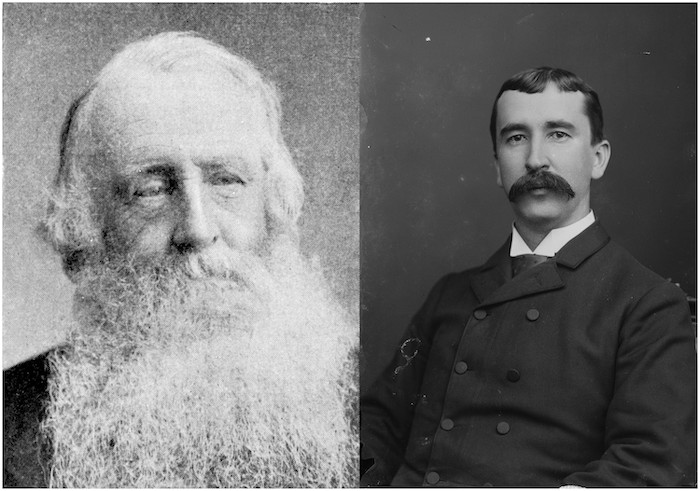
RUSSELL – The New Anglo-Saxons: Race, Space, and the Production of a Geopolitical Discourse
David Russell, Steven Radil
Article first published online: 13 October 2023
DOI: https://doi.org/10.1080/2373566X.2023.2261514
ABSTRACT: The question of how individuals produce and reproduce geopolitical ideologies is central to critical geopolitics, but there is little consensus on how this process works or what methods can meaningfully interrogate it. This article brings together methods from critical geopolitics, history, and sociolinguistics to assess the development, dissemination, and trajectory of Anglo-Saxonism, a late-nineteenth century movement which sought to unite the white English-speaking peoples of the world based on the racial heritage and democratic socio-political institutions they allegedly shared. We investigate the archival material of two prominent historians central to this movement—E.A. Freeman and H.B. Adams—to examine their own statements about their work, introducing the concept of “geopolitical metanarratives” to link between intention and discourse. We find that as Freeman and Adams intentionally worked to advance the movement, they relied on a spatial imagination that emphasized the historical continuity of socio-political institutions as the key racialized geopolitical metanarrative that served to underpin their efforts.
Read the full publication in GeoHumanities.